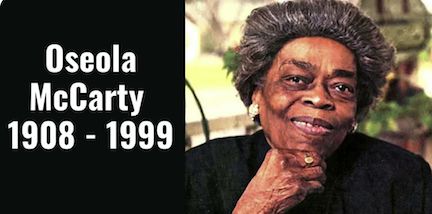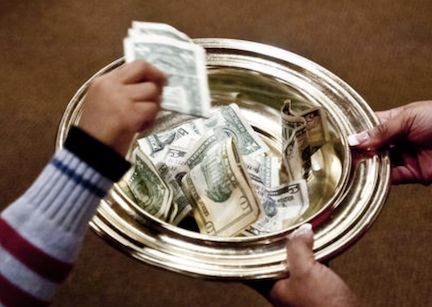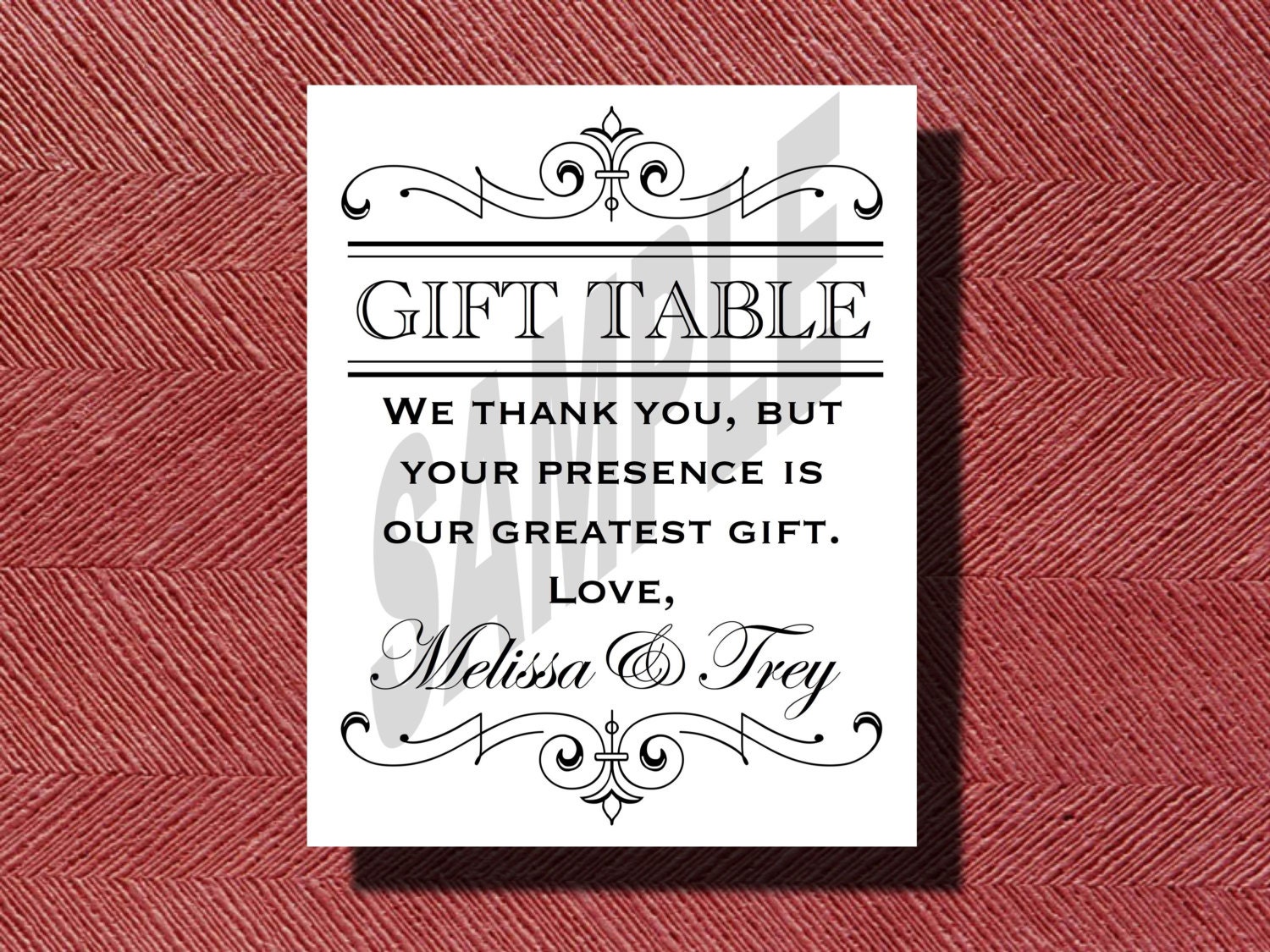The Story of Oseola McCarty
Oseola McCarty was a humble washerwoman from Hattiesburg, Mississippi. Born in 1908, she lived a modest life, earning her livelihood by hand-washing clothes for local families. Despite her meager income, Oseola had a profound sense of frugality and purpose. Over the decades, she quietly saved the majority of her earnings, living simply and without extravagance.
At the age of 87, Oseola made a decision that stunned the world. She donated $150,000 of her life savings to the University of Southern Mississippi to fund scholarships for deserving African American students who lacked financial resources for higher education. Her only request was that the money be used to help students who were serious about their education.
When asked why she gave away so much of her savings, Oseola replied:
"I wanted to help somebody’s child go to college. I’m too old to get an education, but they can."

Oseola’s gift inspired countless others to follow her example. Her story received national attention, and additional donations poured in, multiplying the impact of her generosity. She received numerous awards and honorary degrees, but she remained humble, focused only on the joy of giving and helping others.
Giving isn’t about the size of the gift, it’s about the heart behind it. Oseola’s generosity, born out of selflessness and compassion, transformed lives and left a lasting legacy. Her story reminds us that even the smallest acts of giving can create ripples of positive change.
"One gives freely, yet grows all the richer; another withholds what he should give, and only suffers want. Whoever brings blessing will be enriched, and one who waters will himself be watered" (Proverbs 11:24-25, ESV).
"Beware of practicing your righteousness before other people in order to be seen by them, for then you will have no reward from your Father who is in heaven. “Thus, when you give to the needy, sound no trumpet before you, as the hypocrites do in the synagogues and in the streets, that they may be praised by others. Truly, I say to you, they have received their reward. But when you give to the needy, do not let your left hand know what your right hand is doing, so that your giving may be in secret. And your Father who sees in secret will reward you" (Matthew 6:1-4, ESV).
Wouldn't I Be More Generous Than That?
Robert Kennedy famously (or infamously!) chose to never carry cash. Rather, he had a reputation of relying on his friends and entourage to fork over the dough when needs arose. Biographer Evan Thomas records that on one such occasion, Kennedy found himself at a church service with no money to put in the plate. He looked to his friend to put something in on his behalf. The friend reportedly place a single dollar into the plate, to which Kennedy chided, "Don’t you think I’d be more generous than that?”

This begs the question, if your neighbor were going to "give" on your behalf, how generous would they be? You might "think" yourself a generous soul, but do your actions match your own self-image?
Just a word of caustion — Don't be more generous in theory than in practice.
"One gives freely, yet grows all the richer; another withholds what he should give, and only suffers want. Whoever brings blessing will be enriched, and one who waters will himself be watered" (Proverbs 11:24-25, ESV).
"Each one must give as he has decided in his heart, not reluctantly or under compulsion, for God loves a cheerful giver" (2 Corinthians 9:7, ESV).
Wedding Guest Asked To "Adjust" Gift
Toby Meyjes, writing for Metro, reports on a wedding guest who revealed she was contacted by newlyweds to say her gift wasn’t generous enough.
The unnamed guest posted to a forum on Mumsnet asking for advice after she was told the £100 cheque she provided wasn’t enough.
She revealed how the couple, who had asked for cash gifts, had emailed to say they were ‘surprised’ by her contribution and suggested an ‘adjustment.’
She went on to say that the bride and groom declared ‘we were surprised that your contribution didn’t seem to match the warmth of your good wishes on our big day.
They added: ‘In view of your own position, if you wanted to send any adjustment it would be thankfully received.’
The wedding guest assumed that the reference to her position was in regard to a recent inheritance. She then asked …
'Should I reply, ring them, ignore it or what?’
The suggestions ranged from ‘cancelling’ the check, to telling mutual friends about the incident, to sending a glitter bomb.
Instead, she chose to respond with the following:
‘I assume this was some sort of mistake?’

Many of us struggle with being as generous as our faith calls us to be. But perhaps the real lesson of this story lies at the other end: Learning to be content with what we receive. Judging others for their lack of generosity comes easy. What’s much harder is to keep one’s own sense of entitlement in check. The world doesn’t owe us as much as we tend to think. When we have to resort to shaming others to get what we want out of them, it might be time to let it go. It’s just not worth forfeiting our contentment, not to mention the likelihood of losing a relationship.
“Keep your lives free from the love of money and be content with what you have, because God has said, 'Never will I leave you; never will I forsake you' ” (Hebrews 13:5).